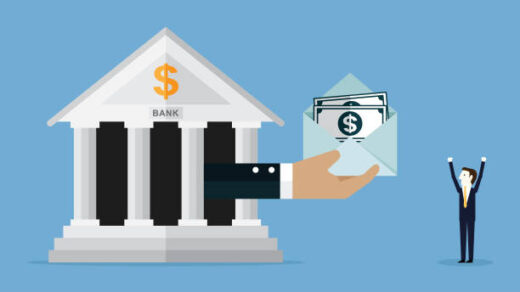In today’s financial landscape, many wonder about the feasibility of using a credit card for a major purchase like a car. The average cost of a new vehicle hovers around $50,000, while used cars average $30,000, making it crucial to understand payment options. When considering a credit card for this purpose, two key questions arise: Can you buy a car with a credit card? And should you? Let’s delve into the details of credit car purchase scenarios and their implications.

Can You Actually Use a Credit Card for a Car Purchase?
The answer is not a straightforward “yes” or “no.” While most car dealerships accept major credit cards for purchase, many restrict using them for the full purchase price. Why? Credit card companies charge businesses fees ranging from 1.5% to 3.5%, which eat into dealership profits. For example, a $50,000 car would cost a dealer $750 to $1,750 in fees, and a $100,000 luxury vehicle could incur $3,500. This financial hit often prompts dealers to limit credit card use for full payments.
Negotiation might be an option for credit car purchase enthusiasts. Tools like Edmunds’ Price Checker can help secure a fair deal first, after which you could discuss with the sales manager about passing the credit card fee to you. However, such fee transfers are regulated by state laws and are not common practice. Adding thousands in fees to your car’s cost also risks starting your ownership with significant debt, which is generally unadvisable.
If full payment isn’t feasible, dealers might allow charging a down payment (often 20%, or $10,000 on a $50,000 car) or service fees to your card. This can help avoid rolling extra costs into your loan, but always confirm with the dealership beforehand.
What About Buying a Used Car with Credit?
Used cars typically cost less, meaning lower credit card fees for dealers—making full credit card payment more negotiable, though still not guaranteed. Like new cars, dealers may request you cover the transaction fee, which could still reach thousands. It’s a balance of negotiating power and understanding the financial impact of credit car purchase on a pre-owned vehicle.
Should You Opt for a Credit Card for Your Car Purchase?
Before swiping, consider your credit card’s terms, especially the interest rate. In 2024, average credit card rates spiked to record highs, lingering above 20% even after slight dips. Charging $25,000 (below the used car average) on a 20% APR card and paying $1,000 monthly would take 32 months and cost $7,000 in interest—totaling $32,000. Lower payments or minimum dues could balloon interest costs to over $27,000, exceeding the car’s price.
Traditional auto loans are often cheaper: new car loans averaged under 7%, used around 11% by late 2024. Your credit score affects both options, but loans generally offer better rates. Additionally, dealership financing may unlock manufacturer incentives, saving thousands. For these reasons, credit car purchase via credit card should be weighed against more conventional financing.
Rewards and Risks: Using Credit Cards for Points
For financially savvy buyers, credit card rewards might tempt them into credit car purchase. Earning points, miles, or cash back on a large purchase can be lucrative, especially with 0% intro APR offers. Paying off the balance before the promo ends avoids interest, maximizing savings. However, rewards cards often have annual fees, and missed payment deadlines can trigger exorbitant post-promo rates. It’s a risky strategy that requires strict repayment discipline and thorough research.
How Credit Car Purchase Impacts Your Credit Score
Charging a car to your card affects your credit utilization ratio—the percentage of available credit you’re using. A high ratio can lower your score until the balance drops. Ensure your credit limit can accommodate the purchase or request a temporary increase. Monitoring your credit during this period is wise to avoid unexpected score dips.
Minimizing Downsides: Alternatives to Credit Card Car Payments
Paying cash is ideal but unattainable for most. Traditional loans through banks or dealerships remain the norm; use tools like Edmunds’ loan calculator to factor in taxes, down payments, and trade-ins. Leasing is another option for lower monthly costs, though understand mileage limits and terms first. For those with poor credit, a cosigner can help secure a loan. Above all, timely payments—regardless of financing method—build credit for future purchases.
In summary, credit car purchase is possible but requires careful consideration of fees, interest rates, and credit impact. Weigh the rewards against risks, explore all financing avenues, and never overextend your budget for the sake of convenience or rewards.



